There have been a number of historically-informed blogs posted since the UAW’s defeat in Chattanooga in mid-February, 2014. We invite you to consider the variety of opinions and welcome your own comments about the salient history behind this moment. See our comments section below the postings.
Here, we list perspectives from LAWCHA members, journalists, economists, and others, compiled by Rosemary Feurer and assembled by Ryan Poe. If you think your perspective would add to the conversation, or if you feel your thoughts were unfairly characterized, please email LAWCHA@Duke.edu.

“It’s hard to overstate what a terrible defeat this is. Here you had the company suggesting the UAW enter their plant so they could create the American version of the German works council that would be illegal without a union election (would violate the company union provisions of the National Labor Relations Act). The UAW will never receive a more favorable opportunity in the American South and just like its failures in the 90s, it came up short. From what I have read so far, it does not seem the UAW messed up the campaign. […] So why did it fail? We can’t blame it all on the politicians and scaremongering. Yes, that probably clinched the failure, but it did not turn 712 votes. There were almost certainly several hundred no votes from the beginning. […] There’s also the specter of capital mobility looming over the plant. Even though VW said it wasn’t moving the plant, this was a major theme of the outside groups and it does seem to have affected some workers. […] To quote a union organizer friend of mine, “If the vote becomes “Can we trust the Union?” instead of “Should we unite to solve our problems?”, the boss wins.” I think this is fundamentally what this vote was about.” Read more »

“The Chattanooga vote signals just how confused class lines in America have become, how far labor’s credibility has fallen—and how much imagination it’s going to take to change matters for the future. […] The $19.50-per-hour wages and decent benefits that non-union autoworkers already enjoy in this looking-glass world are due partly to the fact that UAW still exists elsewhere. Most plants want to avoid unionization and so keep their compensation loosely competitive with union contracts. When the UAW is actually gone … so will the external pressures for those firms to keep their wages up. […] The Chattanooga autoworkers snubbed the opportunity that generations of their brothers and sisters struggled—and many died—trying to achieve: union representation and a seat at the table. If unions can’t win when the employer acts as kindly as VW, how will they manage to win at all in the future? Read more »

“In the aftermath of the UAW loss in the Volkswagen union election in Tennessee, declarations of “A Titanic Defeat” echo across the blogosphere. The glum analysis reinforces the notion that labor is chronically a victim of conservative workers views and Republican machinations. Some suggest a racially-driven perspective in which Detroit and Obama are used as union bogeymen, a view purportedly lapped up by the mindless Tennessee workers who couldn’t see their true economic interests. All reporters note the acute embarrassment for the UAW, which had the tacit approval of Volkswagen to unionize. Some say this that this is a signal of the end of the UAW.” Read more »

“In reality, the union leadership held backroom meetings with Volkswagen executives that promised a commitment that seems all too close to the kind of company unions that labor historians should recognize from the past—joint labor-management organizations designed to lure workers away from democratic control and a voice. These “unions,” which sprung up in the early twentieth century, were declared unlawful during the New Deal because they were essentially controlled by the bosses. Why bring back this model of industrial relations? […] While it’s clear that Volkswagen wants a works council, the footprint of employers who have placed their mark on this campaign looms behind the conservative culture that sought to drive a nail in the coffin of union decline. Given that the UAW has lost, its organizers should reconsider their commitment to the company union model, which after all was outlawed in the 1930s.” Read more »

Sam Gindin, at SocialistProject.ca, muses over a set of questions in the aftermath of the UAW’s most recent failure in the South. “1. Would a UAW victory have represented a reversal of the American labour movement’s downward slide? 2. [The organizing drive at VW directly followed from the kind of union the UAW had become. Chattanooga was a test for a particular strategy to reverse the union’s decline in members.] Should we, therefore, cheer this defeat? 3. Why did the UAW lose? Especially when it got the neutrality that it (and the left) had been emphasizing as critical for so many years? 4. Was the focus on VW misplaced? 5. But don’t the plants have to be competitive? 6. Does all the blame lie with the union bureaucracy? What about the workers? 7. Where next? 8. Does this bring us back to the political state of the Left in North America?” Gindin’s answers are within. Read more »

“U.S. unions today really are caught between a rock and hard place, damned if they do, damned if they don’t. If they market themselves as a de facto doormat for management, they lose some rank-and-file votes doing that. If union members dare to struggle–resisting contract concessions and going on strike–their workplace militancy risks alienating other non-union workers, not to mention supplying management with an alternative rap about the downside of union membership. […] The results in Chattanooga are not much of a testimonial to the lap dog approach. Among the questionable provisions of the ill-fated UAW deal with VW is a promise by the union to “discontinue all organizing activities at the Chattanooga Plant,” in the event of an election loss, and “not engage in or resume any organizing” there “for a period of one year” from the date of its defeat.” Read more »

“It is impossible to say why each of those 712 workers voted against the union and what the UAW could have done differently to win them over one by one. However, In These Times’ interviews with both pro-union and anti-union workers—as well as low-level Volkswagen supervisors, top UAW officials and community activists—point to a confluence of factors, including outside interference by GOP politicians and unsanctioned anti-union activity by low-level supervisors. Some questioned, too, whether missteps by the UAW and concerns about its prior bargaining agreements played a role.” Read more »

Douglas Williams and Cato Uticensis identify six reasons the UAW lost the South: “1. A lack of community engagement [by the UAW]. 2. The UAW bargained away house calls on potential members in the neutrality agreement. 3. Agreeing to concessions before you even file the election petition. 4. Volkswagen was able to break the neutrality agreement without the UAW raising hell. That is a problem. 5. The modern UAW is run by a breed of ostriches indigenous to Detroit. […] One thing we couldn’t confirm at time of writing is where the UAW pulled their organizers from. If they came from the North, then there’s a sixth failure: not utilizing their locals in North Carolina and Kentucky to reduce the stigma of unions being a Yankee thing. […] The blame for the Chattanooga Collapse of 2014 should laid at the feet of the UAW, and not the workers (or their communities) that they so haphazardly sought to represent.” Read more »
The New York Times ran a debate over the future of organized labor in the South in the aftermath of the election. Seven commentators from a variety of backgrounds–from VW workers to university professors–discuss what the election portends for labor unions and organizing strategies in the South. Read more »


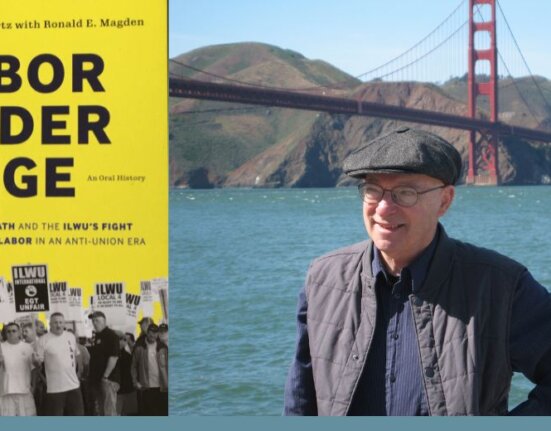
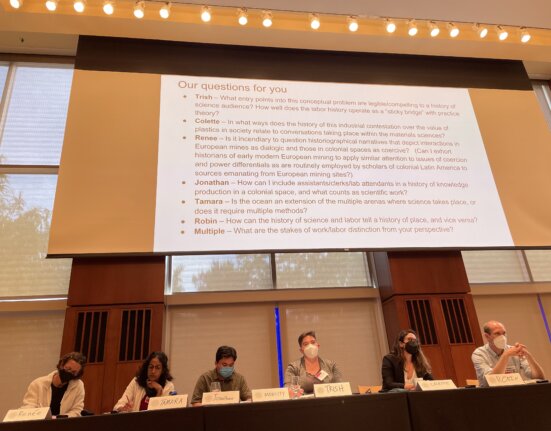
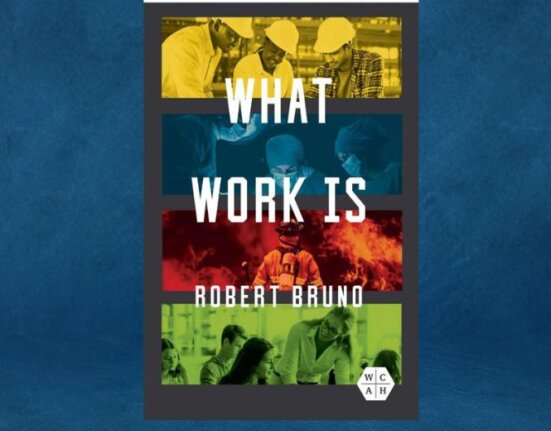
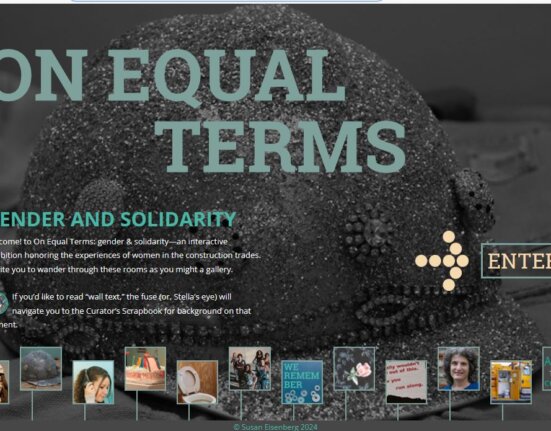
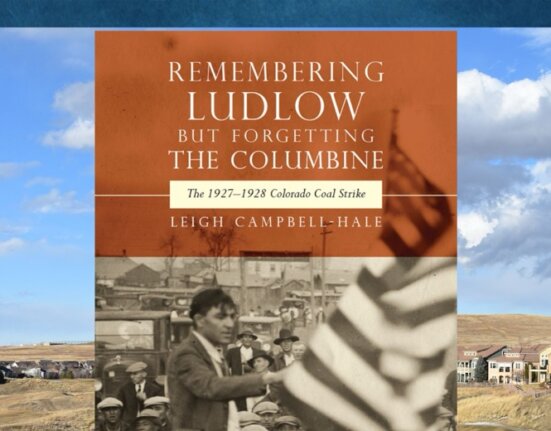
3 Comments
Comments are closed.